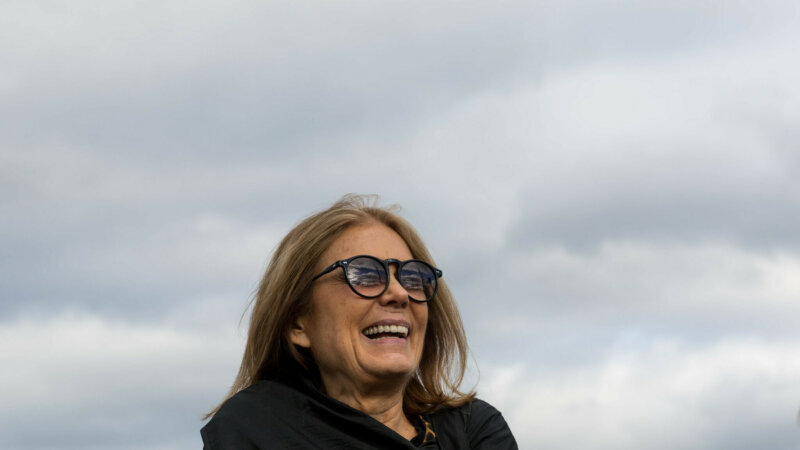Democratic Media: A New Approach to Mass Media Plurality and Balance
The ‘Fourth Estate’, the mass media space, is meant to be the lifeblood of democracy. Yet despite unprecedented public dissatisfaction, ever more concentrated media market ownership, competing accusations of ‘fake news’ and the rise of new social and web-based media, there is virtually no public conversation about how to resolve these issues.
It’s not surprising really. How could we expect the mainstream media to engage in any serious debate about itself? Turkeys don’t vote for Christmas and all that. Take, for example, their coverage of the Iraq war. Despite their now recognised failure to offer any challenging narratives and the non-existence of the supposed ‘casus belli’ weapons of mass destruction, the mainstream media have barely apologised for their cheerleading, let alone considered any reforms to their monoculture ‘news’ output. Media will not reform itself.
The problem, as described by Jeremy Corbyn and many others, is rather obvious – a lack of any real plurality or diversity in mass public media. It is nearly all a corporate monoculture, owned and controlled by a handful of billionaires and capital owning elites. Even the BBC is controlled and run by people who, by career necessity, must make themselves acceptable to the dominant corporate sector. The BBC is no different to Murdoch owned newspapers, merely another establishment clone.
But there is an answer. It lies in the way we structure and fund mass media provision. Two issues remain as clear obstacles to offering plurality and diversity in the media.
The first is that corporate media will not offer any diversity beyond the economic interests of the wealthy, capital-owning minority in society. Thus we must look to public funding support. If advertising or subscription funding was sufficiently adequate to provide diversity, it would surely have appeared by now. It hasn’t.
The second point is that even the publicly funded BBC is not discernibly different in its news and current affairs output to the corporate media sector, failing to provide plurality and diversity, as we all witnessed in the run up to the Iraq war. Judging by its recent coverage of the Labour leadership, it is clear nothing has changed.
So what’s the solution? The answer could be an economic ‘commons’ model as a different way of using public funding. In this case, it would be a ‘democratic commons’. It removes the narrowly centralised control, which is what significantly distorts both the corporate and government run media. And it lets citizens, individually, be the dominant deciders of who provides news media in society.
It works like this. The government issues (let’s say annually) every citizen with a media voucher. Citizens may then use this to sponsor the media organisation(s) of their choice. Government would scrap the existing public funding of the BBC. It would oblige them to compete for either commons or private funding in the same way as other media providers.
Of course, the size of this democratic commons sector funding would have to be significant, relative to the total sector size, in order for it to have sufficient influence to create the level of diversity and plurality we want to achieve. The total revenue of the news media sector in the UK is roughly £5 billion per year. Overall government spending is currently running at around £600 billion per year. A commitment in the region of £3 billion or so, guaranteeing at least 50% of the whole news media sector revenue, is entirely affordable. A small price for democracy.
No doubt, many existing commercial media providers would receive a boost to their usual advertising-led revenues via the commons media vouchers. It is, after all, a citizens’ democratic choice where to place their voucher funding support. But the system guarantees that if a media outlet can provide sufficiently attractive news media, there is no reason why they would need to attract any corporate advertising or business investment funds. I’m confident we would see a considerable increase in fully independent, perhaps even co-operatively structured, media businesses, readily able to hold the status quo authorities to account and beholden to no one but their readers.
A version of this article was published on The Pileus on 6 May 2017.





